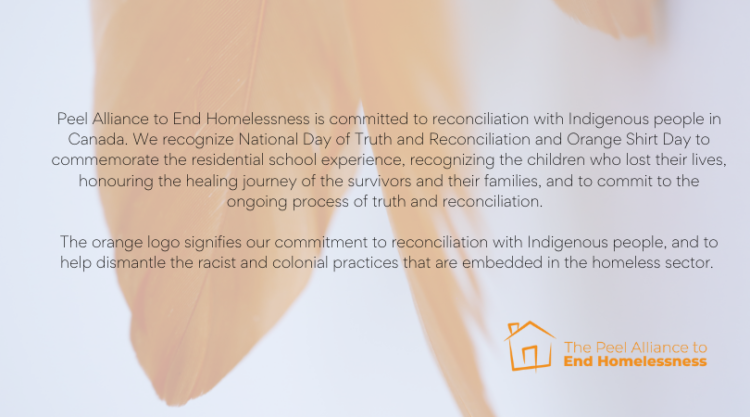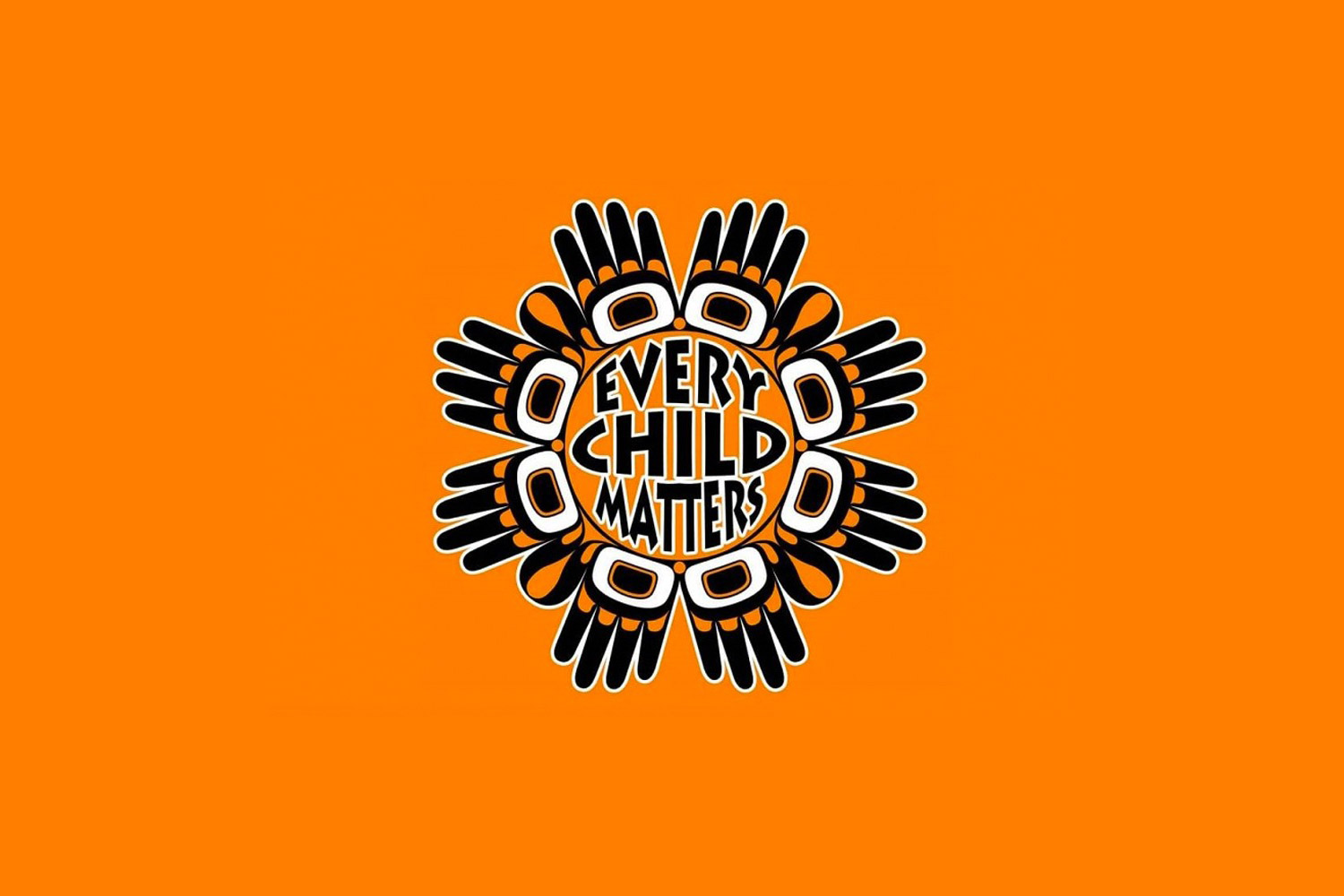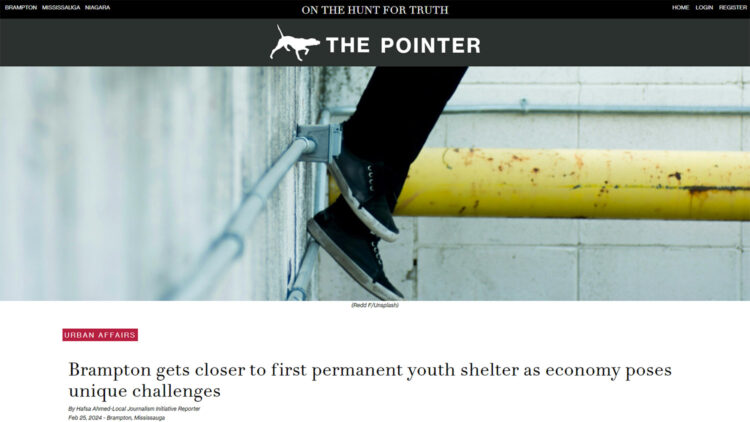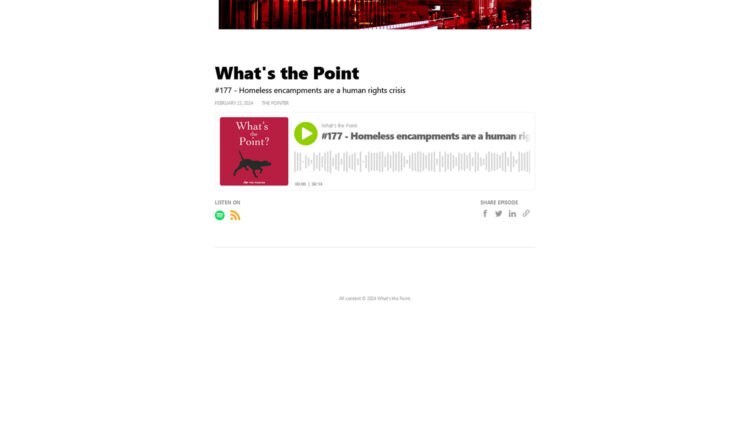
Day of Truth and Reconciliation and Orange Shirt Day
September 30 – marks the first National Day for Truth and Reconciliation in Canada. On June 3, 2021, Bill C-5, An Act to amend the Bills of Exchange Act, the Interpretation Act and the Canada Labour Code (National Day for Truth and Reconciliation) received Royal Assent and was made a federal statutory holiday. You can read more about it here.
The first lines in the Government of Canada page (linked above) say this:
“The day honours the lost children and Survivors of residential schools, their families and communities. Public commemoration of the tragic and painful history and ongoing impacts of residential schools is a vital component of the reconciliation process.”
September 30 is also Orange Shirt Day. The date was chosen in accordance with the time of year in which children were taken from their homes to residential schools, and because it is an opportunity to set the stage for anti-racism and anti-bullying policies for the coming school year. It is an opportunity for First Nations, local governments, schools and communities to come together in the spirit of reconciliation and hope for generations of children to come.
“The annual Orange Shirt Day on September 30th opens the door to global conversation on all aspects of Residential Schools. It is an opportunity to create meaningful discussion about the effects of Residential Schools and the legacy they have left behind. A discussion all Canadians can tune into and create bridges with each other for reconciliation. A day for survivors to be reaffirmed that they matter, and so do those that have been affected. Every Child Matters, even if they are an adult, from now on.”
(Orange Shirt Day website)
Remember that while we now have one day set aside to acknowledge the devastation to Indigenous Communities since colonization, Indigenous Communities and people still experience the impact of the residential school system. Having a holiday like this means very little on its own.
We must also acknowledge the work that we as a nation must do to address the systemic issues that continue to affect Indigenous communities. The cultural genocides that occurred in the past and continue today against Indigenous peoples, impact the work to end homelessness. First Nations, Métis, and Inuit peoples are significantly overrepresented among people experiencing homelessness in Ontario (Province of Ontario, 2015). (source PAEH Report 2021)
It is estimated that 1 in 15 Indigenous people living in urban centres experience homelessness, compared to 1 in 128 non-Indigenous people (Belanger et al, 2013). Indigenous people are thus 8 times more likely to experience homelessness. A commitment to ending homelessness is a commitment toward reconciliation. Several communities across Canada have been working to strengthen relationships with local Indigenous communities. Key strategic documents such as Reaching Home (Canada, 2019), and A Place to Call Home (Ontario, 2015), have set priorities to prevent, reduce and end homelessness among Indigenous peoples. (Source PAEH Report)
While setting aside a day is symbolic and can be powerful, the power of it only comes with what we do with this day, and what it sparks in terms of action throughout the year.
So… what are we going to do as a country to make sure this doesn’t just become another day off work?
What are you going to do to support truth and reconciliation?
I hope we will all use it as a day to learn, so we can take that awareness and create change though action during the 364 other days of the year
Here are a few places to start/continue your learning and awareness-raising:
- Orange Shirt Day and Phyllis (Jack) Webstad’s story: WELCOME (orangeshirtday.org)
- Orange Shirt Day events
- Truth and Reconciliation Call to Action: Reports – NCTR – The Truth and Reconciliation Commission of Canada officially launched in 2008, intended to guide Canadians through the difficult discovery of the facts behind residential schools and outlined a way toward reconciliation. The final report, released in 2015, contained 94 calls to action (Truth and Reconciliation Commission of Canada, 2015).
- Region of Peel Event – Understanding the Truth & Owning Our Future, Sept. 30th from 9:00am to 12:00pm- https://www.eventbrite.ca/e/understanding-the-truth-and-owning-our-future-tickets-168321779975?keep_tld=1
- A day to Listen, Amplifying Indigenous Voices – Recordings from Indigenous leaders, residential school survivors, elders, musicians, and teachers: A Day to Listen – Teaching History & Reconciliation (downiewenjack.ca)
- The University of Alberta, offers a free course from the Faculty of Native Studies, that explores Indigenous histories and contemporary issues in Canada. The course is free: Indigenous Canada | University of Alberta (ualberta.ca)
- National Truth and Reconciliation Week(link is external) – Monday, September 27 to Friday, October 1. Presented by the National Centre for Truth and Reconciliation, this full week of online programming will feature short videos created by Indigenous storytellers, followed by conversations with Elders, Knowledge Keepers, Survivors and the children of residential school survivors. Register for the events on Eventbrite(link is external).
- Residential Schools and their devastating impact:
- Residential Schools and their devastating impact:
- The 60s Scoop
- The disproportionate number of Indigenous children in the child welfare system
- The many many Reservations without clean drinking water, suitable housing
- Treaties between Indigenous nations in Canada and the government
- How much of the land we call Canada is not actually ceded territory
- The high unemployment, overrepresentation in low-paying jobs and underrepresentation in many sectors of Indigenous people in Canadian society despite it being the fastest growing demographic
So….
What will YOU do?
How will you make this one day mean something?































